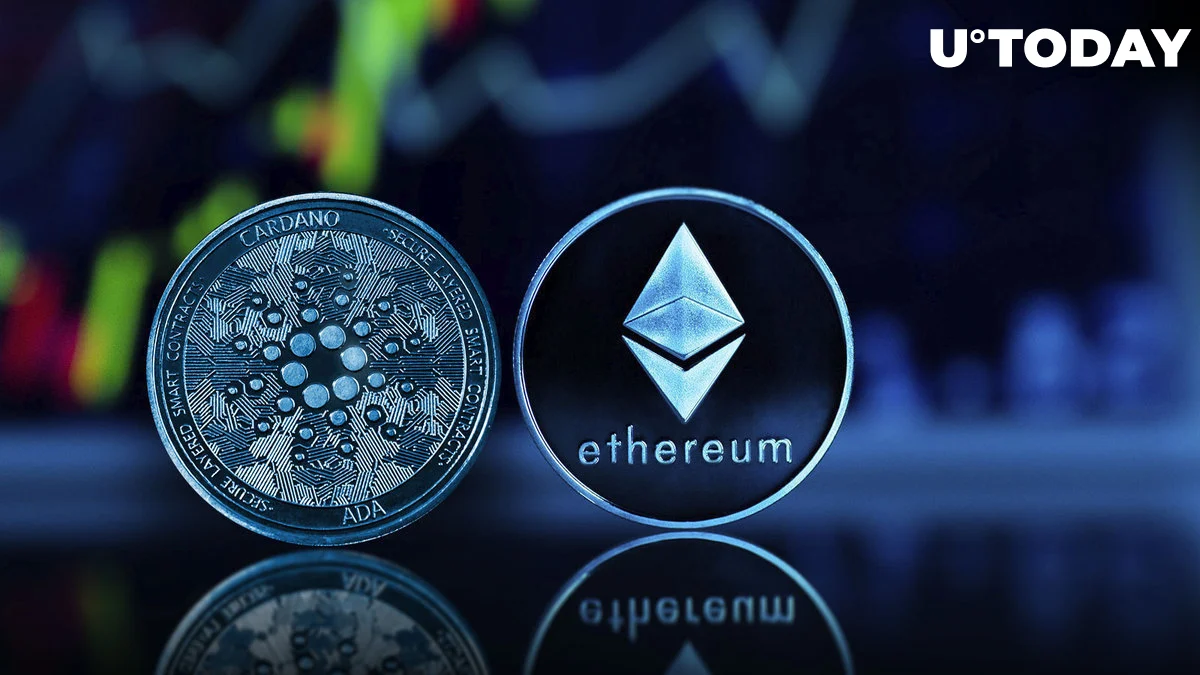
The EVM-compatible sidechain of Cardano, Milkomeda-C1, now has a new deployment of the Djed stablecoin protocol online, according to Djed Alliance, the system’s steward.
This would be the third time it has been used, but more crucially, it would be the first time it has been used on the Solidity platform, the primary language for creating smart contracts for the Ethereum blockchain. It is anticipated that the new deployment will make way for its extension to a number of additional EVM-compatible blockchains.
The Djed stablecoin launched on the mainnet in January of this year, and since then, its utility has increased.
Another noteworthy development is the impending release of a new game in the Cardano ecosystem by Dead Pxlz, a non-fungible token (NFT) initiative.
According to a tweet from Paima Studios, the firm that developed the Paima Engine, Dead Pxlz is utilising it to make the next PXL Wars game.
Recent developments in Cardano ecosystem
The most recent weekly report from Cardano constructor IOG is available, and it emphasises ecosystem advancements.
The Hydra team looked at the possibility of integrating Hydra support into Kupo, tried to address the issue of state machine continuity on-chain, and explored voting project ideas. The team also updated several dependencies and fixed a few issues with the test suites in order to get ready for the 0.10.0 release.
Over the past two weeks, the ledger team has made additional progress on both CIP-1694 and the Conway ledger era development. Conway now specifically supports Plutus v3, and the first iteration of Cardano’s on-chain governance is CIP-1694. Given its importance, reaching broad consensus is crucial as Cardano looks to the future.


















